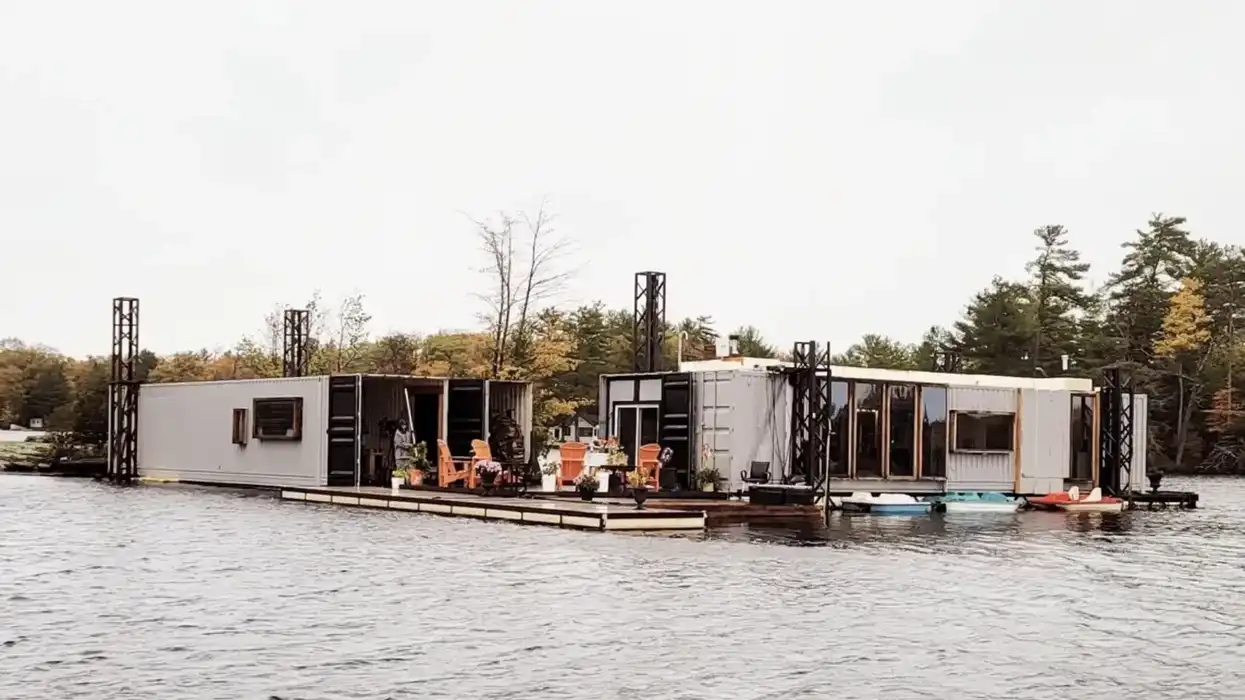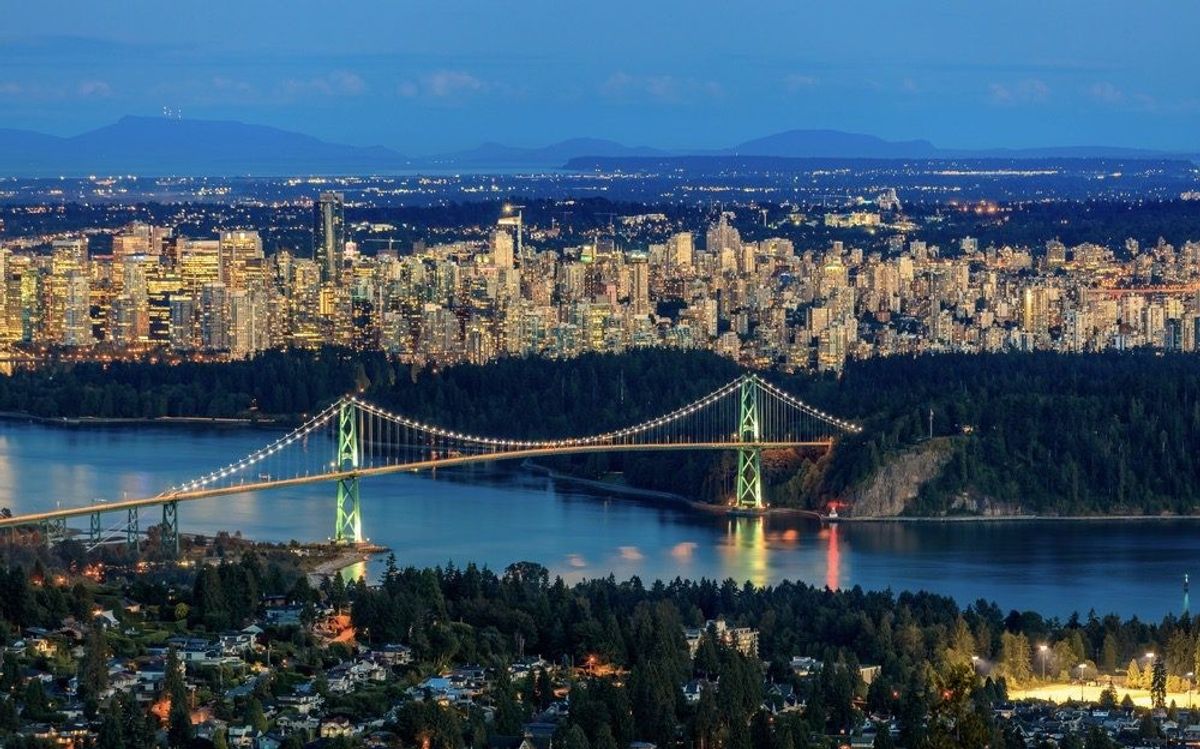As of July 1, 2023, floating homes will no longer be permitted to dock overnight on provincial waterways -- a move that has been more than a year in the making.
In an announcement from the province on Friday, Graydon Smith, Minister of Natural Resources and Forestry, says that the new regulation responds to “a number of concerns about the use of floating accommodations on Ontario’s waterways” including with respect to user safety and environmental impacts.
“With these changes, we are taking action to protect our waterways by preserving access to lakes and rivers, ensuring access for recreational users, and reducing the potential for pollution of lakes and rivers,” continues Smith.
As aforementioned, the new sanctions on floating homes -- defined as floating structures, such as rafts and barges, designed to accommodate longer, cottage-style stays -- are a long time coming.
Last March, the Ministry of Northern Development, Mines, Natural Resources and Forestry heard from over 400 public, Indigenous communities, municipalities, and other stakeholders about “possible future regulatory amendments related to ‘camping’ on waterways and the use of floating accommodations over Ontario’s public lands.”
And then, earlier this year, the matter picked up steam. For a 46-day period between February and April, the province was seeking the public’s input on the nature of regulation needed for floating accommodations.
Needless to say, the proceedings have been polarizing.
The Georgian Bay Association has been one of the bodies in vocal support of “appropriately” regulating floating accommodations from the get-go, encouraging residents to speak out in favour of increased restrictions.
In addition to mitigating environmental impacts from the disposal of black and grey water, garbage, and plastics pollution from the use of unencapsulated dock foam, the group has argued that ramping up regulation for floating homes is a step towards tax equity. If floating homes are “safely moored at shoreline locations,” the group has said, they can benefit from water, sewage, hydro, and garbage disposal systems already in place -- and can be taxed accordingly.
Conversely, Ontario Sailing is one of the entities that has voiced opposition to increased regulation, saying in a post from March that limiting the right to anchor on most bodies of water in the province stands to implicate boaters wishing to anchor while cruising -- and, on a more serious note, could “effectively eliminate many safe harbours used in bad weather.”
However, Friday’s release stipulates that the regulatory changes clarify the difference between floating accommodations and watercraft, and “will not impact anyone exercising their right to navigate, including reasonable mooring, or anyone exercising Aboriginal or treaty rights.”
As well, it says, the new regulations only apply to public lands in Ontario managed under the Public Lands Act, and do not extend to floating accommodations located on private water lots or on waterways under the jurisdiction of other governments and ministries -- for instance, portions of Trent Severn Waterway.
Cover photo via Port Severn-based floating homes company, Live Outside the Box





















